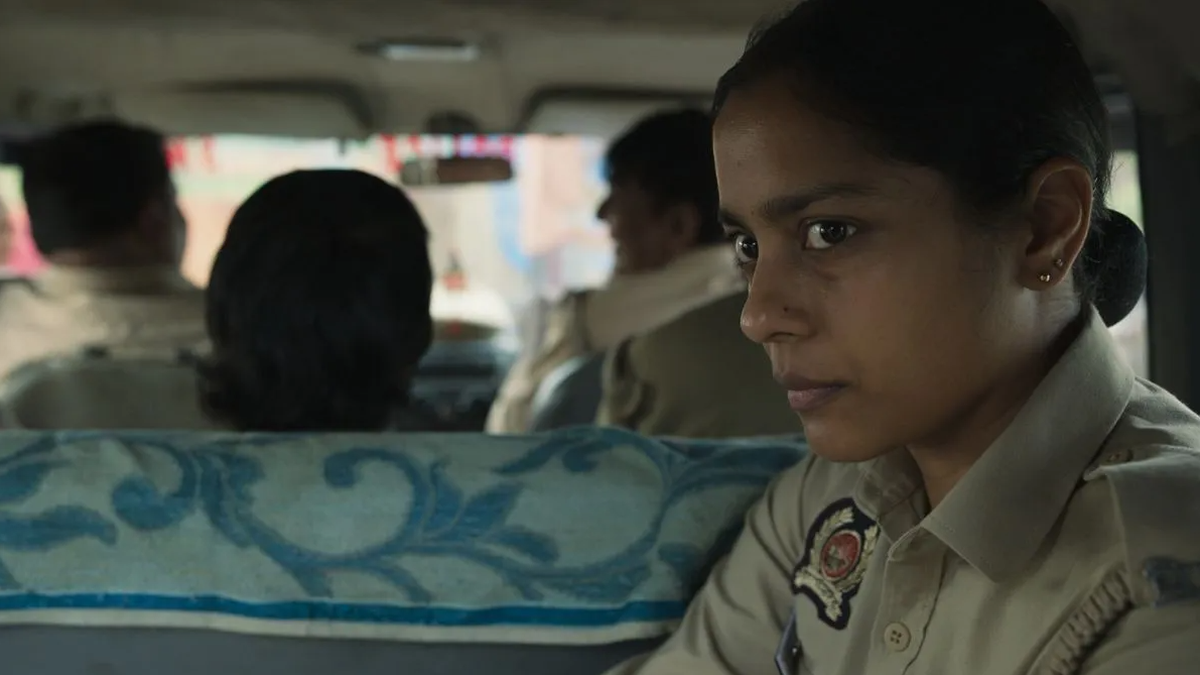A still from ‘Santosh’
| Photo Credit: Vertigo Films
The internationally acclaimed Santosh has been denied certification for theatrical release in India after the Central Board of Film Certification (CBFC) objected to its portrayal of police brutality, caste discrimination, and misogyny, according to reports from The Guardian.

Written and directed by British-Indian filmmaker Sandhya Suri, Santosh follows the journey of a young widow who joins the police force and investigates the murder of a Dalit girl. The film, which tackles themes of misogyny, caste-based violence, and institutional Islamophobia, has received widespread critical praise. It premiered at the Cannes Film Festival to acclaim, was the U.K.’s official entry for the Oscars’ international feature category, and earned a BAFTA nomination for Best Debut Feature. Lead actress Shahana Goswami also won Best Actress at the Asian Film Awards for her role in the movie.
Despite its success abroad, the CBFC refused to approve Santosh for theatrical release.

Reacting to the CBFC’s decision, Suri expressed disappointment, calling the move “heartbreaking”, in an interview with The Guardian. She noted that while films tackling police violence are not new to Indian cinema, Santosh may have unsettled censors due to its realistic and morally complex portrayal of law enforcement.
“It was surprising for all of us because I didn’t feel that these issues were particularly new to Indian cinema or hadn’t been raised before by other films,” she said. “Maybe there’s something about this film which is troubling in that everybody is morally compromised, and there is no single hero.”
Suri also revealed that the CBFC’s demands for cuts were so extensive that implementing them would have made it “impossible” to retain the integrity of the film. Though she is legally restricted from disclosing specifics, she described the list of requested edits as spanning several pages and touching on core themes of the story.
“It was very important to me that the film is released in India, so I did try to figure out if there was a way to make it work,” she said. “But in the end, it was just too difficult to make those cuts and have a film that still made sense, let alone stayed true to its vision.”
The 2012 Delhi gang rape case, widely known as the Nirbhaya case, initially inspired Suri to make the film. She recalled collaborating with Indian non-governmental organizations to ensure the story was developed with authenticity and sensitivity.
There is no formal appeals process once the CBFC rejects a film. Filmmakers can only challenge the decision in court, a costly and time-consuming process that does not guarantee a favorable outcome. Suri has not ruled out legal action but remains uncertain about the best course forward.
Published – March 26, 2025 02:38 pm IST

